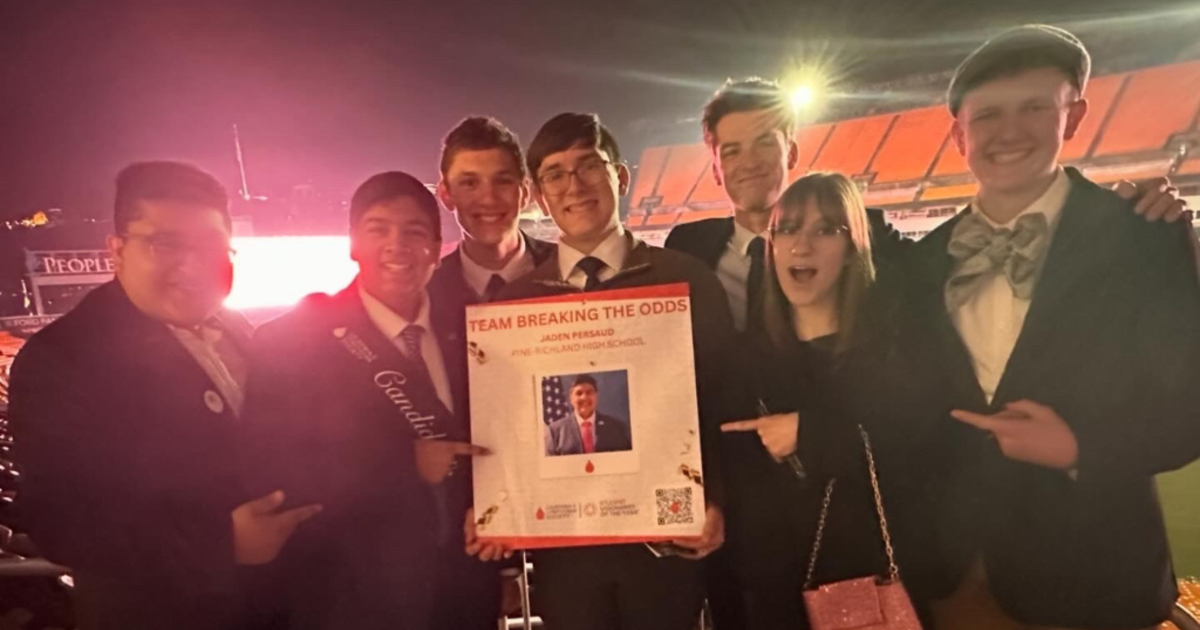Appeals Court OKs Suit On Pittsburgh Abortion Buffer Zones
PITTSBURGH (AP) - A federal appeals court on Wednesday reinstated a lawsuit by abortion protesters who say their free speech rights are violated by a Pittsburgh ordinance establishing a 15-foot buffer zone around clinic entrances.
The decision by the 3rd U.S. Circuit Court of Appeals doesn't address the merits of the lawsuit filed on behalf of protesters by Alliance Defending Freedom, a conservative activist group. Rather, in allowing the lawsuit to go forward, the court recognized a 2014 U.S. Supreme Court decision striking down a 35-foot protest zone around clinic entrances in Massachusetts.
The lawsuit targeting the Pittsburgh ordinance contends the buffers prevent local anti-abortion activists - who they refer to as "sidewalk counselors" - from approaching women with leaflets and invitations to have conversations about alternatives to abortion as they enter a Planned Parenthood clinic downtown. Although the 2005 ordinance allows for a buffer zone near the entrance to any "hospital or health care facility," attorneys for both sides have acknowledged the ban has been enforced only at the downtown clinic and another abortion facility.
"The government cannot muzzle speech just because pro-abortion politicians and special interests demand it," Matt Bowman, the ADF attorney who argued the appeal last year, said in a statement. "Pittsburgh's sidewalk counselors are now entitled to their day in court, and the city cannot justify squelching their peaceful offers of help to women."
The Massachusetts case, known as McCullen "teaches that the constitutionality of buffer zone laws turns on the factual circumstances giving rise to the law in each individual case - the same type of buffer zone may be upheld on one record where it might be struck down on another," the court ruled.
What that means is the protesters need to be given a chance to develop the facts surrounding their claim before any future decision is made on whether the lawsuit can proceed.
"The Third Circuit's ruling just means the case will proceed for now, and there will be other opportunities for the City to prove the Ordinance should be upheld as constitutional," Assistant City Solicitor Matthew McHale said in a written statement.
U.S. District Judge Cathy Bissoon threw out the lawsuit after taking testimony on the matter in December 2014 and unsuccessfully urging both sides to craft a compromise settlement.
The appeals court said the First Amendment issues at stake, coupled with the need for specific facts to be presented in court, are enough for the lawsuit to go forward.
"The speech at issue is core political speech entitled to the maximum protection afforded by the First Amendment, and the City cannot burden it without first trying, or at least demonstrating that it has seriously considered, substantially less restrictive alternatives that would achieve the City's legitimate, substantial and content-neutral interests," the court wrote.
Join The Conversation On The KDKA Facebook Page
Stay Up To Date, Follow KDKA On Twitter
(© Copyright 2016 The Associated Press. All Rights Reserved. This material may not be published, broadcast, rewritten or redistributed.)



